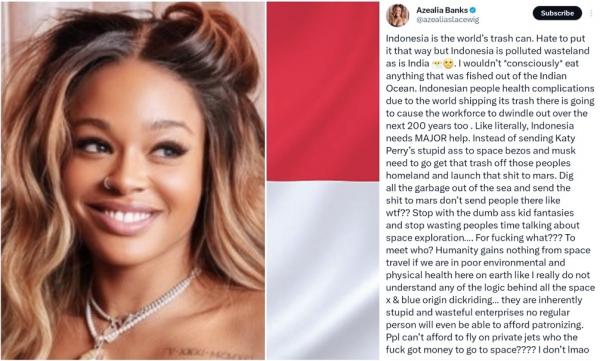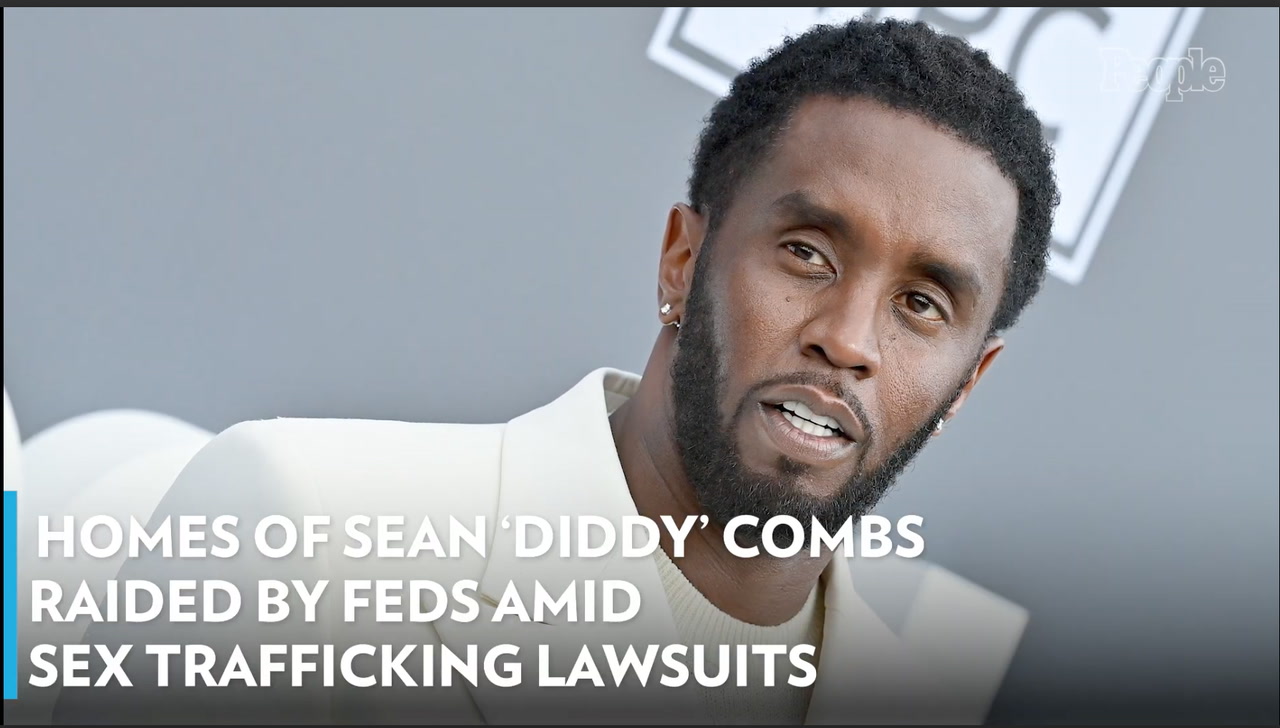Viral US Rapper Labels RI as World's Trash Bin
🇺🇸🎤 U.S. Rapper Calls Indonesia the “World’s Trash Can”: What’s the Real Story?
Finasteriden – American rapper Azealia Banks has sparked backlash after making controversial remarks about Indonesia on social media. In a now-viral post, she referred to the country as the “world’s trash can,” criticizing global waste dumping practices. Her comments have triggered debates about environmental justice, international responsibility, and the tone used to address such issues.
🗣️ What Did She Say?
In a tweet posted on April 11, 2025, Azealia Banks wrote:
“Indonesia is the world’s trash can. Hate to put it that way, but Indonesia is a polluted wasteland, as is India.”
She claimed that Western countries, especially the U.S., regularly dump waste in Southeast Asia, contributing to long-term environmental damage. Banks suggested that this could lead to serious public health issues and a less productive population over time.
🌍 The Bigger Picture: Global Waste Export
Banks’ statement, though provocative, draws attention to a real issue. For years, developed countries have been shipping plastic and electronic waste to developing nations, including Indonesia. These countries often lack the infrastructure to manage large volumes of waste, resulting in pollution, contaminated water, and health problems for local communities.
After China banned foreign waste imports in 2018, much of the global trash was redirected to Southeast Asia, with Indonesia, Malaysia, and the Philippines among the top recipients.
🌐 Mixed Reactions Online
- Critics slammed the rapper for her harsh language and perceived disrespect toward Indonesia.
- Supporters argued that she was highlighting uncomfortable truths about global environmental inequality.
Some netizens called on her to apologize, while others encouraged global leaders to address the underlying issue of unfair waste disposal practices.
🔄 Banks Responds
Following the backlash, Banks clarified that her intention wasn’t to insult Indonesians but to expose the environmental exploitation of developing countries. She emphasized the need for wealthier nations to take responsibility for their own waste, rather than exporting the problem abroad.
💡 Final Thought
While her delivery was controversial, Azealia Banks’ comment reignited conversations about global environmental injustice. It’s a reminder that behind the headlines are real problems that need urgent international cooperation and ethical reform.




